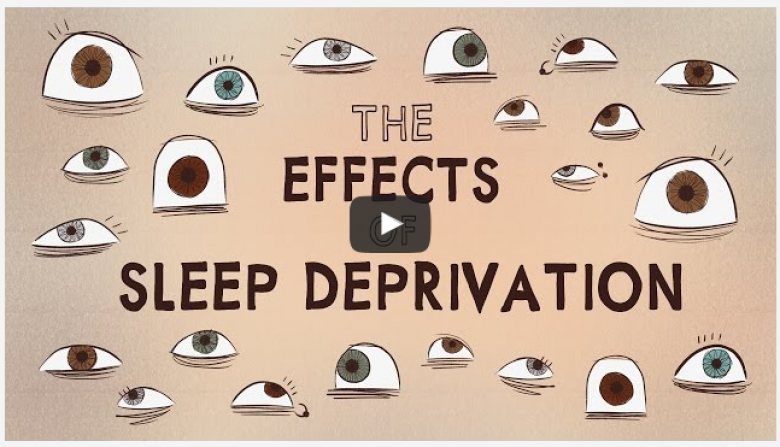Sleep Deprivation Slowly Kills Your Brain
“How long can you stay awake?” is a question you probably don’t want to try to answer at home. But in 1964, a high schooler broke that record for science. Randy Gardner stayed awake for 264.4 hours (just a bit more than 11 days) for a science fair, and had his experiment observed by Dr. William Dement, a Stanford sleep researcher. The symptoms they found were fairly predictable—irritability, poor motor control, lack of focus, short term memory loss—but the symptoms only tell half the story.
This video from TED-Ed goes into detail on what exactly happens in your brain when you sleep, and why prolonged sleep deprivation is pretty much all around a bad deal. When you sleep, your body repairs its DNA, muscles relax, and metabolic processes stabilize. The brain’s glymphatic system cleans up metabolic byproducts like adenosine, which urge the brain to sleep and help cause the symptoms brought on by sleep deprivation. In other words, sleep takes out the brain’s trash.










































































